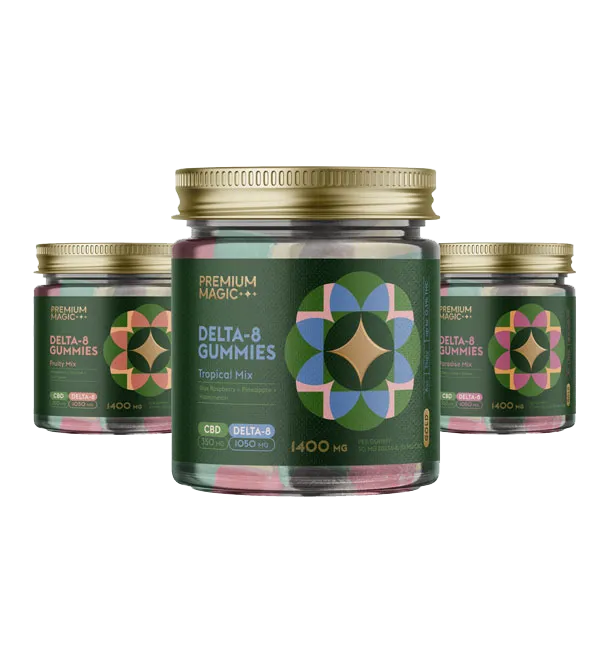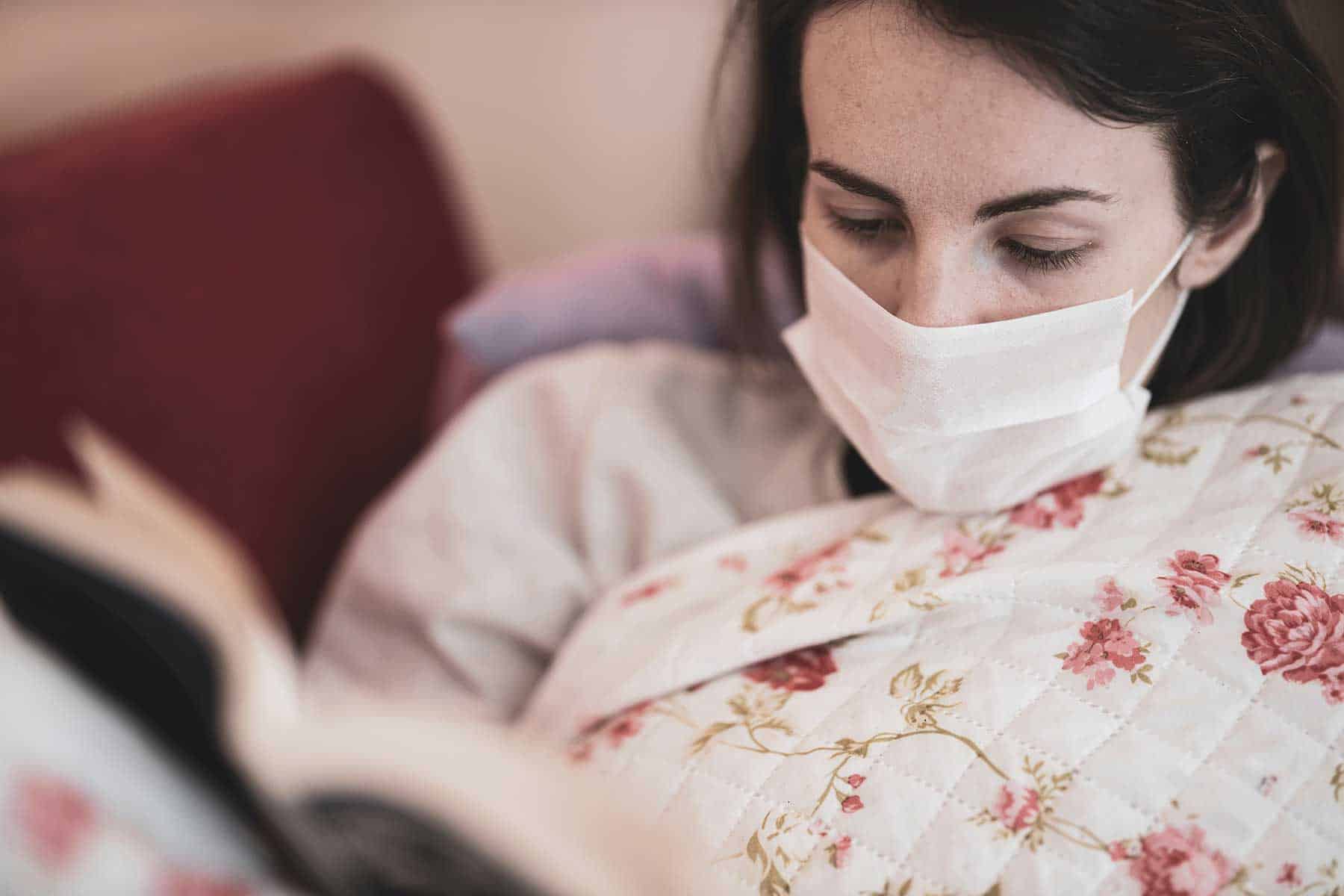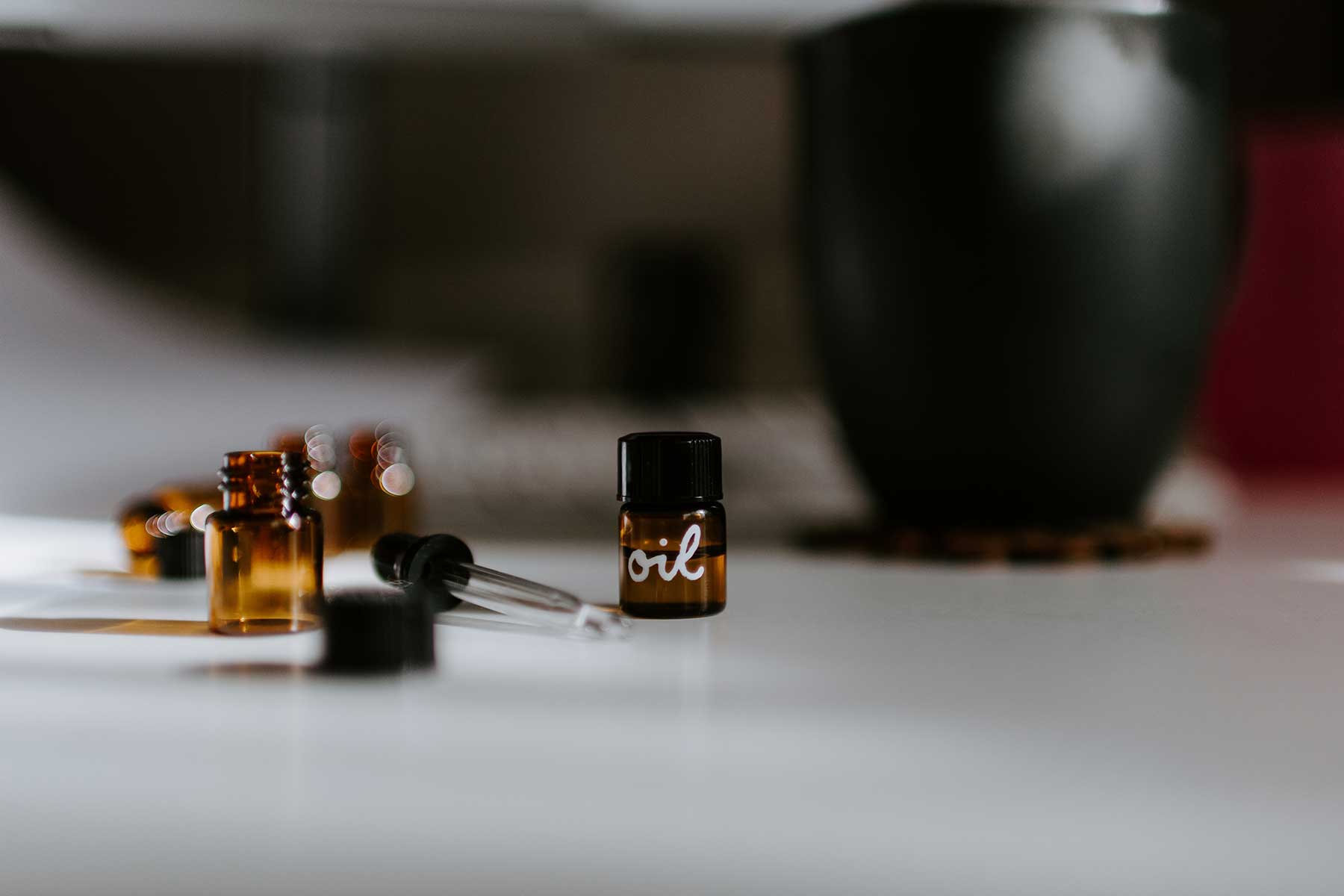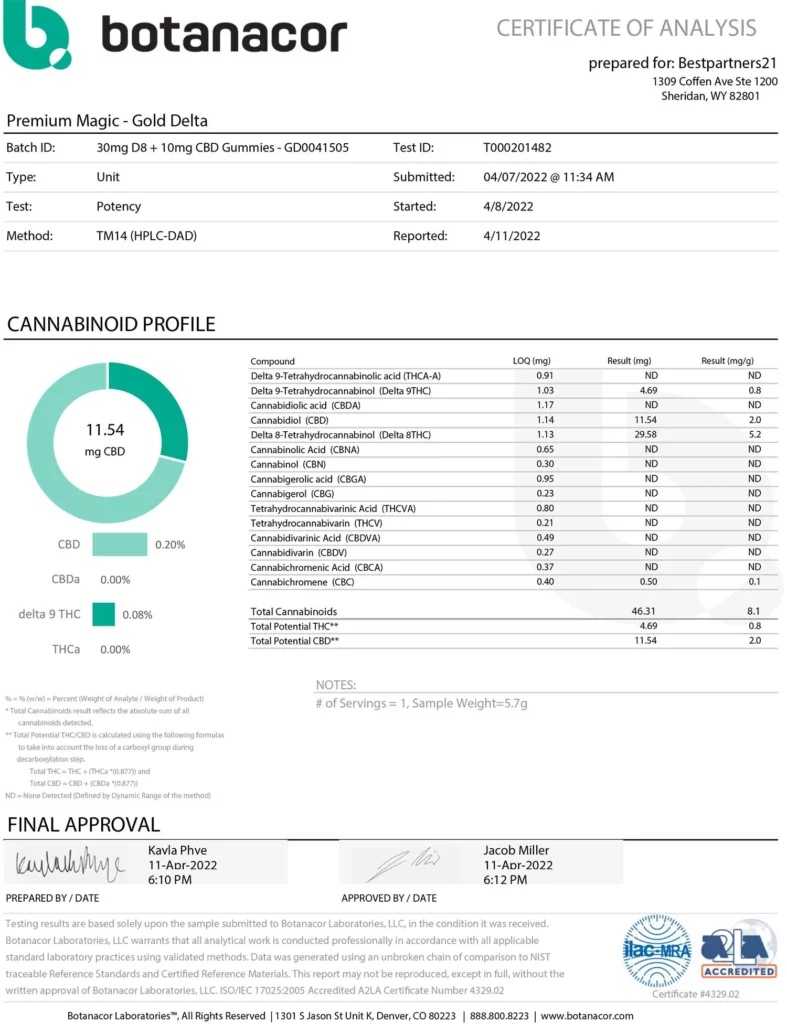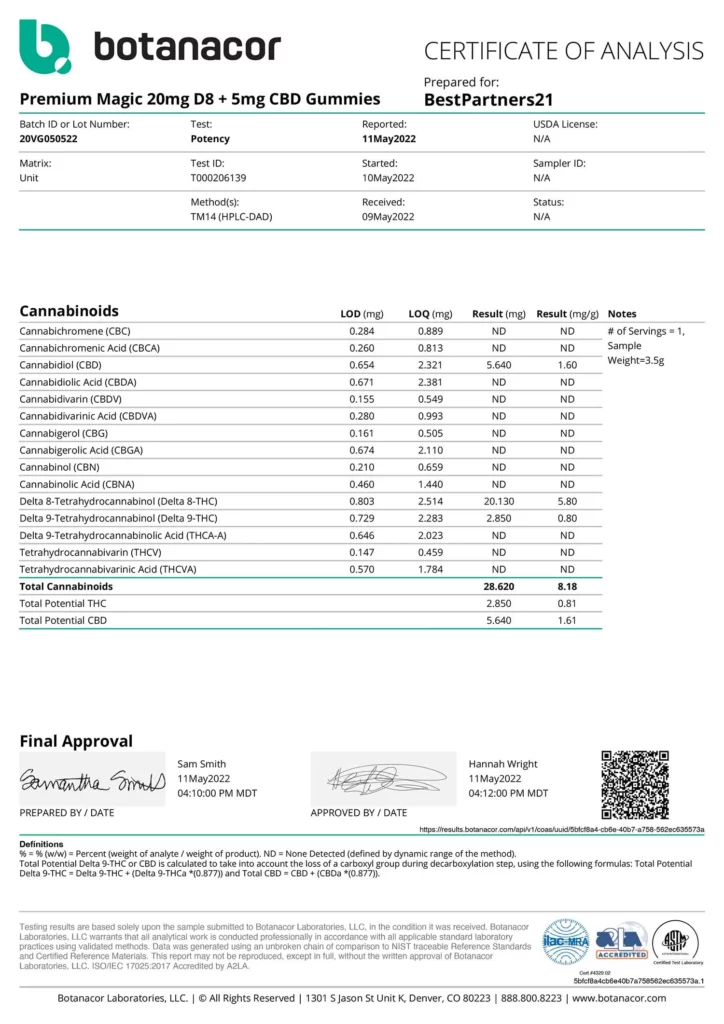
Using Weed When Sick: Good or Bad Idea?

Have you ever thought about using weed when you’re feeling sick?
Using weed when you’re sick can be a tricky thing. You might have heard from some people that it helps them relax or ease their pain, but it’s not that simple. The effects of weed on your body can be different depending on a lot of things, like what illness you have or how your body reacts to weed.
Some folks might think about using weed when they have a headache, are feeling stressed, or have a cold. These are common sicknesses that many people experience. However, it’s really important to know what you’re getting into before you decide to use weed as a remedy.
The goal of this article is to give you clear and simple information so you can make the best choice for your health. So, let’s dive in and learn more about using weed when you’re sick. Is it a good idea or a bad one? You’re about to find out.
What is Weed?
You might have heard about weed, also known as marijuana. But what exactly is it? In simple terms, weed is a plant that some people use for medical reasons or just to relax and have a good time.
Main Components of Weed
Now, let’s talk about what’s inside this plant. Weed has two main parts that you should know about: THC and CBD. THC is the part that gives you a ‘high’ feeling. It can make you feel really happy and relaxed, but sometimes it might also make you feel anxious or paranoid. On the other hand, CBD doesn’t make you high. Instead, it might help you feel calm without the intense feelings that THC can bring.
How People Use Weed
There are a few common ways that people use weed. Some people smoke it, which means they burn the weed and breathe in the smoke. Others might use a vaporizer, which turns the weed into a vapor instead of smoke. This can be a bit gentler on your lungs. Some folks prefer to eat weed in foods like cookies or brownies, or they might use oil drops.
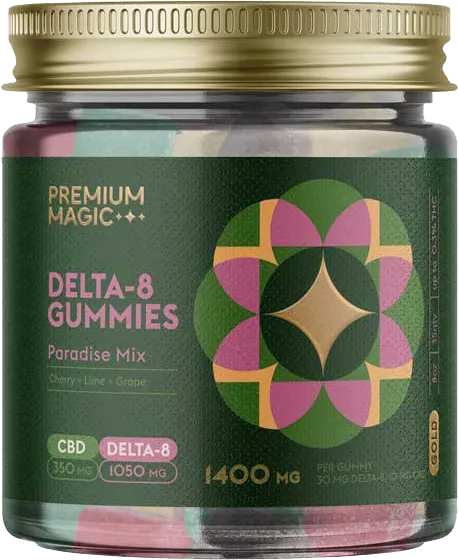
Delta-8 Gummies – Gold Paradise Mix
Original price was: $82.99.$38.99Current price is: $38.99.
Or Subscribe and Save 30%
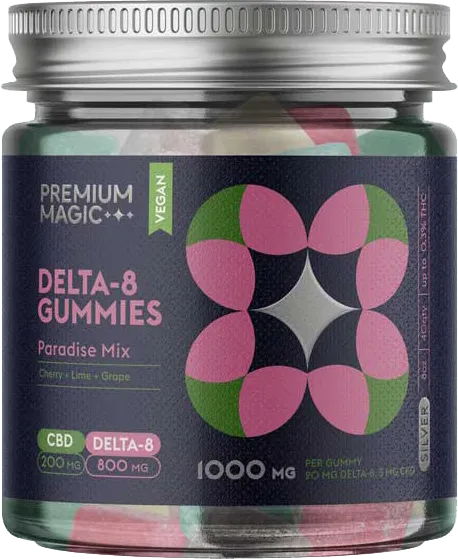
Silver Paradise Mix
Original price was: $68.99.$33.99Current price is: $33.99.
Or Subscribe and Save 30%
How Weed Affects the Body
When you’re thinking about using weed, especially when you’re sick, it’s important to know how it works inside your body. Understanding this can help you make a more informed choice about whether or not to use it.
How Weed Works in the Body
Weed has active parts that interact with a system in your body called the endocannabinoid system. This system plays a part in regulating your mood, appetite, pain, and other functions. When you use weed, the THC in it can make you feel high by affecting how your brain works, while CBD might help you feel less anxious or in less pain without making you high.
Short-term Effects on the Body
In the short term, using weed can have a range of effects on your body. Some people feel relaxed and happy, while others might feel dizzy, sleepy, or even anxious. You might also notice that your heart beats faster, your mouth feels dry, or you get hungry. These effects usually don’t last too long, but they can be stronger if you’re not used to using weed or if you use a lot at once.
Long-term Effects on the Body
If you use weed regularly over a long time, it might have more lasting effects on your body. Some people find that they have trouble remembering things or concentrating. Others might notice changes in their mood, like feeling more anxious or depressed. If you smoke weed, it can also have effects on your lungs, similar to smoking tobacco.
It’s also possible to build up a tolerance to weed if you use it a lot, which means you might need to use more to get the same effects. And for some people, using weed can lead to dependence, meaning they find it hard to stop using it even if they want to.
Using Weed When Sick: The Pros
When you’re feeling under the weather, you might be looking for anything that can help you feel better. Some people turn to weed, and there are several reasons why they might find it helpful. Let’s dive into the positive aspects of using weed when you’re sick.
Pain Relief
One of the most well-known benefits of using weed is its ability to alleviate pain. Whether you’re dealing with a headache, muscle pain, or chronic pain from a long-term illness, weed has components that can help reduce that discomfort. The THC in weed works with the receptors in your brain to change your perception of pain, making it more bearable. At the same time, CBD can help reduce inflammation, which is often a source of pain.
Nausea and Appetite
If you’re dealing with nausea or a lack of appetite, weed might be able to help there as well. Many people find that using weed can settle their stomach and make food more appealing. This is particularly beneficial if you’re undergoing treatments like chemotherapy, which can cause severe nausea and lead to weight loss.
Sleep Aid
Getting enough rest is crucial when you’re sick, and weed might help improve your sleep quality. Some strains of weed are known for their ability to help you relax and fall asleep more easily. If you’re having trouble sleeping due to pain or anxiety, weed’s calming effects could be what you need to get a good night’s rest.
Anxiety and Depression
Being sick can take a toll on your mental health, leading to feelings of anxiety or depression. Weed has the potential to alleviate these symptoms, helping to lift your mood and reduce anxiety. The key is finding the right balance, as too much THC can sometimes increase anxiety, while CBD is more commonly associated with reducing it.
Using Weed When Sick: The Cons
While some people find relief in using weed when they’re sick, it’s important to consider the potential downsides as well. Every body is different, and what helps one person might not be good for another. Here’s a look at some of the reasons you might want to think twice before using weed when you’re not feeling well.
Weakening the Immune System
First off, there’s concern that weed might weaken your immune system. This is especially important when you’re sick because your body needs all the strength it can get to fight off illness. Some studies suggest that THC, the component in weed that makes you high, could reduce the ability of your immune system to do its job. If your immune system isn’t working as well as it should, it might take you longer to get better.
Respiratory Issues
If you’re thinking about smoking weed, you should consider the impact on your lungs. Just like smoking tobacco, smoking weed can lead to respiratory issues. It can irritate your lungs and airways, and if you’re already sick, especially with a cold or other respiratory illness, it could make your symptoms worse.
Drug Interactions
Another thing to keep in mind is how weed might interact with other medications you’re taking. Just like any other substance, weed can affect how your medications work. In some cases, it might make them less effective, or it could increase your risk of side effects. If you’re taking medicine to help you get better, using weed at the same time could potentially undo some of the good your medicine is doing.
Potential for Dependence
Lastly, it’s worth considering the potential for dependence on weed, especially if you’re using it regularly for a long time. Dependence means that your body has gotten so used to having the weed that you feel like you need it to feel normal. If you’re using weed as a way to deal with being sick, and you start using it all the time, you could end up feeling like you can’t get through being sick without it.
What the Research Says
When it comes to using weed while you’re sick, there’s a lot of research out there. But, it’s not all black and white. Let’s take a look at what the studies say to give you a better idea.
Summary of Existing Research
A lot of studies show that weed can help with pain, nausea, and other symptoms. For example, people going through chemotherapy find relief from using weed. It helps them deal with the pain and the constant feeling of being sick. But, not all sicknesses react the same way to weed. For some conditions, the research is still not clear on whether weed helps or not.
Gaps in the Research
One of the big issues with the research is that there are gaps and inconsistencies. Some studies say one thing, while others say something different. This can make it hard for you to figure out what’s true and what’s not. Plus, a lot of the research is still pretty new. Scientists are still trying to understand how weed really affects the body, especially when you’re sick.
Alternatives to Using Weed
When you’re sick, it’s important to know all your options. If you’re thinking about using weed, you might also want to consider other remedies or medications.
Other Remedies and Medications
There are various over-the-counter and prescription medicines that can help ease your symptoms, depending on what you’re dealing with. For example, pain relievers can reduce pain and fever, while decongestants can help clear up a stuffy nose. There are also natural remedies like honey and ginger that some people find helpful.
Final Words:
So, what do you think now about using weed when you’re sick? In this article, we’ve talked about both the pros and cons, helping you understand how weed affects the body and what the research says.
Weed can offer pain relief, help with nausea, and might even make it easier for you to sleep. However, it’s not without its risks, including potential impacts on your immune system and respiratory health, possible drug interactions, and the risk of dependence.
It’s clear that the answer isn’t straightforward, and it really depends on your personal situation. Before you make any decisions, make sure to talk to a healthcare professional. They can help guide you, ensuring that you make the safest choice for your health. Remember, your well-being is the top priority.
